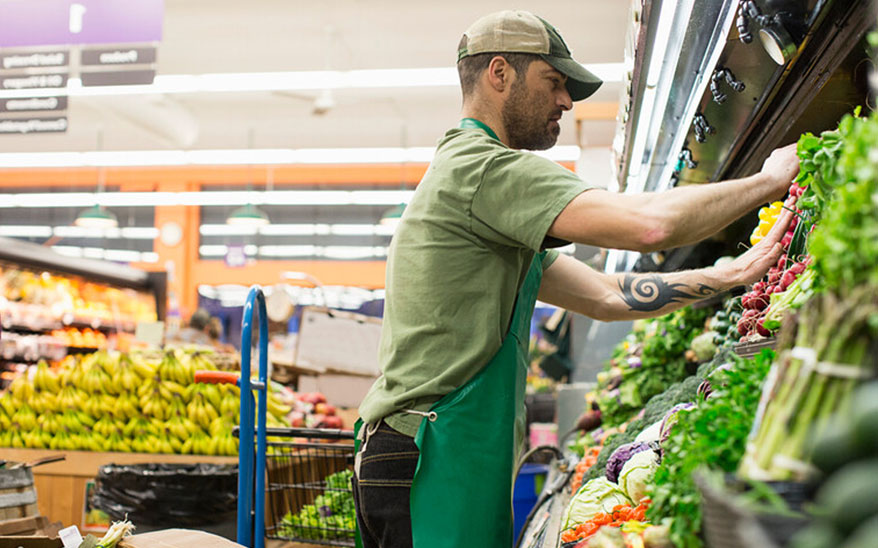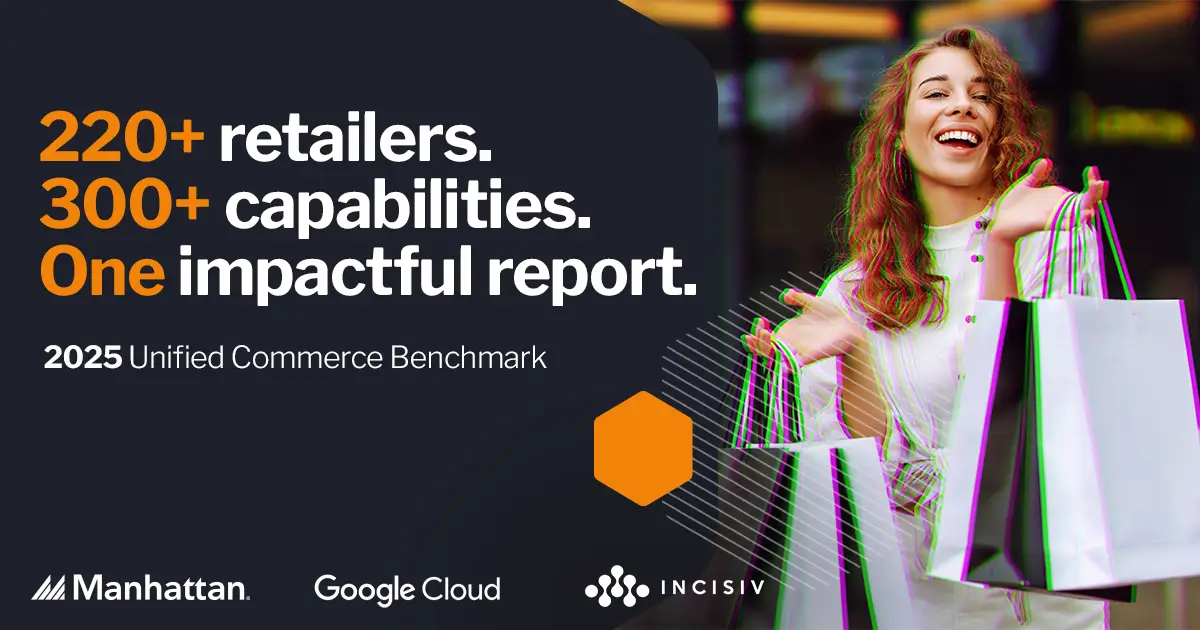Delighting B2B Buyers with Consumer-Like Experiences
- May 15, 2025
- Manhattan Staff
- 4 minutes
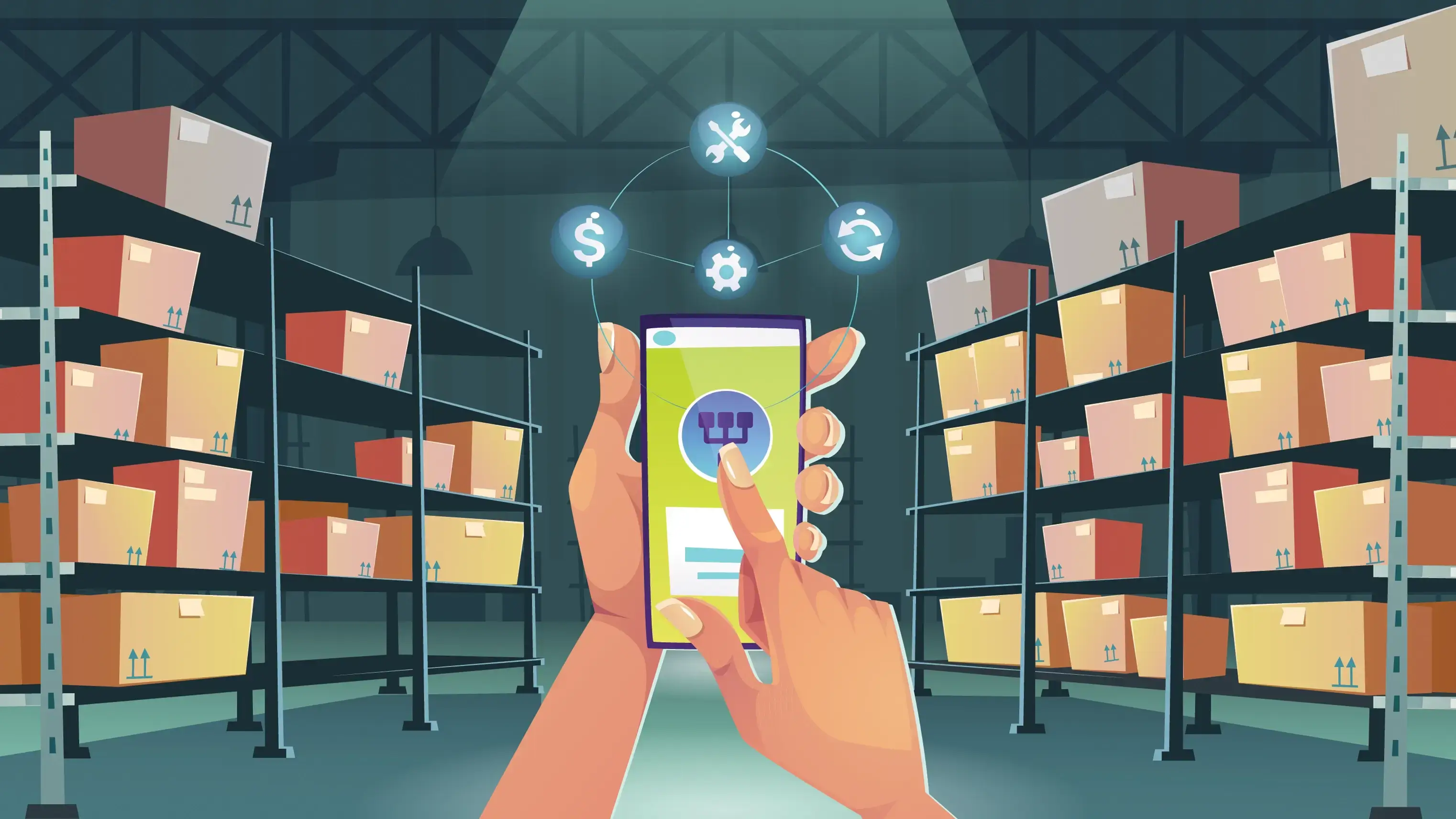
Synopsis: Modern business-to-business (B2B) buyers are digital natives, expecting consumer-like experiences when engaging with B2B merchants. Discover what consumer-like experiences mean for B2B buyers and the business capabilities B2B merchants can employ to deliver similar experiences that delight B2B buyers, ultimately elevating sales and customer satisfaction.
Today’s modern business-to-business (B2B) buyers are digital natives, an attribute that is reshaping the B2B buying experience. Research by Forrester indicates that most B2B buyers (71%) are Millennials and Gen Zers (born after 1980). These generations grew up with the internet and are accustomed to using digital technology and information-rich online experiences to simplify their personal lives. As consumers, they expect purchasing experiences to be flexible, fast, and transparent. Consequently, modern B2B buyers now expect similar experiences in their professional lives, presenting both challenges and opportunities for B2B merchants. For success in B2B commerce, merchants of all types and sizes must understand what appeals to modern B2B buyers and implement strategies and capabilities that enhance the B2B buyer experience.
The Influence of Business-to-Consumer Experiences on B2B Commerce
Before exploring the business strategies and capabilities that B2B merchants need to meet the expectations of modern B2B buyers, it is essential to understand the business-to-consumer (B2C) buying experiences that shape these expectations. The B2C shopping experiences that modern B2B buyers encounter in their personal lives have evolved rapidly, leading to higher expectations for information and service. It is now commonplace for consumers to interact with ecommerce sites that provide extensive tools and data, allowing them to seamlessly and expertly manage their entire buying journey—from product discovery to post-purchase fulfillment management.
In B2C commerce, precise inventory availability and delivery date projections before purchase (i.e., at checkout) are standard practice. Today’s consumers want reassurance that they can receive their desired products on time. When customers are well-informed, their trust in the seller increases, leading to higher sales. B2C companies recognize that presenting timely and accurate inventory and delivery information before checkout is crucial for driving revenue. Conversely, B2C businesses that fail to meet modern consumer demands for clear buying information often experience lost sales. Many retailers cite a lack of clarity regarding delivery options before checkout as the primary reason for shopping cart abandonment.
Modern consumers also expect a comprehensive post-purchase experience offering visibility and control over order fulfillment. They want to track their orders and have the ability to modify them even after purchasing. B2C companies that meet these expectations provide on-demand order tracking and proactive order status notifications via text or email. Additionally, they allow customers to adjust in-progress orders, typically through digital self-service, such as changing delivery locations. Research indicates that order tracking and control are among consumers’ top factors when choosing an online retailer.
B2B companies can take valuable lessons from B2C shopping experiences that capture and retain today’s consumers, particularly regarding information transparency and buyer control. Successful B2C companies ensure customers can access accurate product, pricing, inventory, and fulfillment information throughout their buying journey. This approach not only boosts sales conversions but also enhances customer satisfaction.
Moreover, when B2C companies empower customers with tools to control their buying experiences, they see increased loyalty and repeat business. A study found that 60% of B2C leaders who invested in improving the post-purchase experience by offering greater customer control—such as self-service options for modifying orders—reported a boost in sales. These leaders make it easy and quick for customers to access the information they need, allowing them to take actions that positively impact their fulfillment experiences.
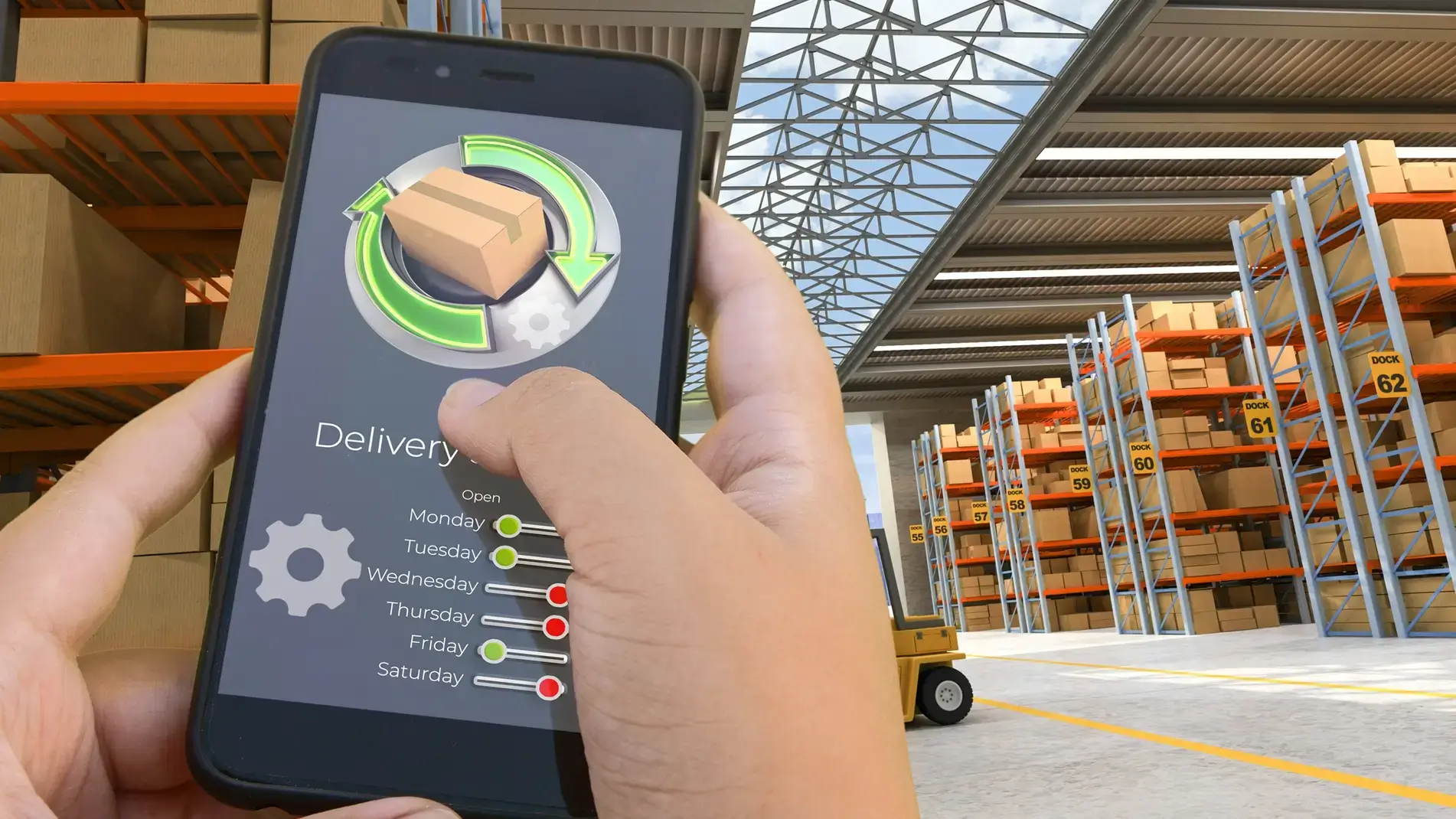
Improving B2B Commerce to Satisfy Modern Buyers
B2B companies should recognize that modern B2B buyers are significantly influenced by their consumer shopping experiences. The crucial question is how B2B merchants, such as distributors and manufacturers, can improve their commerce experiences to provide the information B2C commerce.
Five Essential Business Capabilities
There are five essential business capabilities that B2B merchants can enhance or incorporate into their operations to delight modern B2B buyers.
B2B buying is complex, as buyers must manage multiple fulfillment requirements during the purchasing process, often involving large, multi-product orders. To delight modern B2B buyers, merchants must simplify and expedite the personalization of their requirements and preferences, such as desired delivery timeframes or order consolidation needs. By offering greater personalization—similar to B2C companies—B2B merchants can ensure that buyers’ orders are fulfilled according to their specific needs, thereby building confidence and trust in the merchant relationship.
Just like in B2C experiences, B2B buyers need assurance before placing orders to confirm that they will receive their items on time. B2B merchants can meet this need by providing timely and accurate information about inventory availability, delivery date options, and delivery projections before order placement. This business capability requires a robust order management infrastructure that allows merchants to deliver precise information about fulfillment details, including item availability and expected delivery times. The benefits of adding these capabilities can be significant for B2B merchants, including increased sales conversions, larger order sizes, and improved buyer satisfaction.
In B2B order fulfillment, issues like delayed orders can significantly impact customers, affecting project deadlines and revenue streams. Similar to their B2C experiences, B2B buyers desire real-time visibility into order statuses and delivery timelines to make informed decisions and prevent business disruptions. However, many B2B buyers (nearly 66%) report that tracking and managing order fulfillment can be challenging.
Delivering the necessary order fulfillment transparency can be difficult for B2B merchants, especially if they utilize multiple enterprise resource planning (ERP) systems across a complex multi-node fulfillment network. Modern B2B order management solutions can provide a unified view of fulfillment in various forms, such as on-demand self-service access and proactive notifications. By eliminating blind spots in the supply chain and facilitating insight-driven decision-making, B2B merchants can enhance service levels and reduce operational risks, ultimately building customer trust and loyalty.
Post-order fulfillment control takes transparency further by allowing B2B buyers to act based on fulfillment information. Modern B2B buyers expect to have complete control over order fulfillment outcomes, like their experiences with many B2C companies. Merchants must provide self-service tools for buyers to modify in-progress orders or manage fulfillment exceptions—such as shipping delays—on their terms. These tools should guide buyers through decision-making, enabling them to make informed choices easily. Buyers can then swiftly modify shipping locations, adjust delivery schedules, or request order holds, ensuring that their orders align with their operational needs. Given the long lead times often associated with B2B orders, this capability adds substantial value by empowering buyers to adapt fulfillment to their evolving business requirements.
Omnichannel interactions are standard in B2C commerce, and modern B2B buyers expect the same in their B2B purchasing experiences. Omnichannel interactions involve providing consistent experiences across various interaction channels. In the B2B context, this means that buyers can engage with their wholesale or distribution partners through multiple channels—such as ecommerce/self-service options, or directly with salespeople or customer service representatives. Regardless of the interaction channel, B2B buyers should receive consistent information and experiences that cater to their needs. For instance, views of inventory availability, delivery-date projections, order status, and opportunities for order modifications should be consistently accessible through all channels. Omnichannel interactions enhance information transparency and buyer control, fostering greater loyalty among B2B merchants.
Elevating the B2B Buyer Experience
In B2B commerce, merchants encounter a significant challenge as well as an opportunity: meeting the increasingly consumer-like expectations of modern buyers. Influenced by the transparent, empowering, and seamless experiences they have in B2C shopping, B2B buyers now demand similar standards from their B2B interactions. Research from Forrester indicates that 63% of B2B sales leaders believe that the digital buying behaviors of modern buyers will profoundly impact B2B business practices by 2025 and beyond. Now is the ideal time for B2B companies to recognize the importance of the buyer experience as a crucial differentiator. By providing enhanced fulfillment information transparency and buyer control, B2B leaders can truly satisfy modern buyers.
Modern order management technology equips B2B merchants with essential capabilities to enhance the buyer experience. This technology complements a B2B company’s existing ERP system(s) by adding advanced features designed to engage modern B2B buyers with fulfillment information transparency and buyer control while improving operational reliability and efficiency. To learn more about these capabilities, visit Add Modern B2B Promising & Fulfillment Capabilities to ERP.
Related Assets
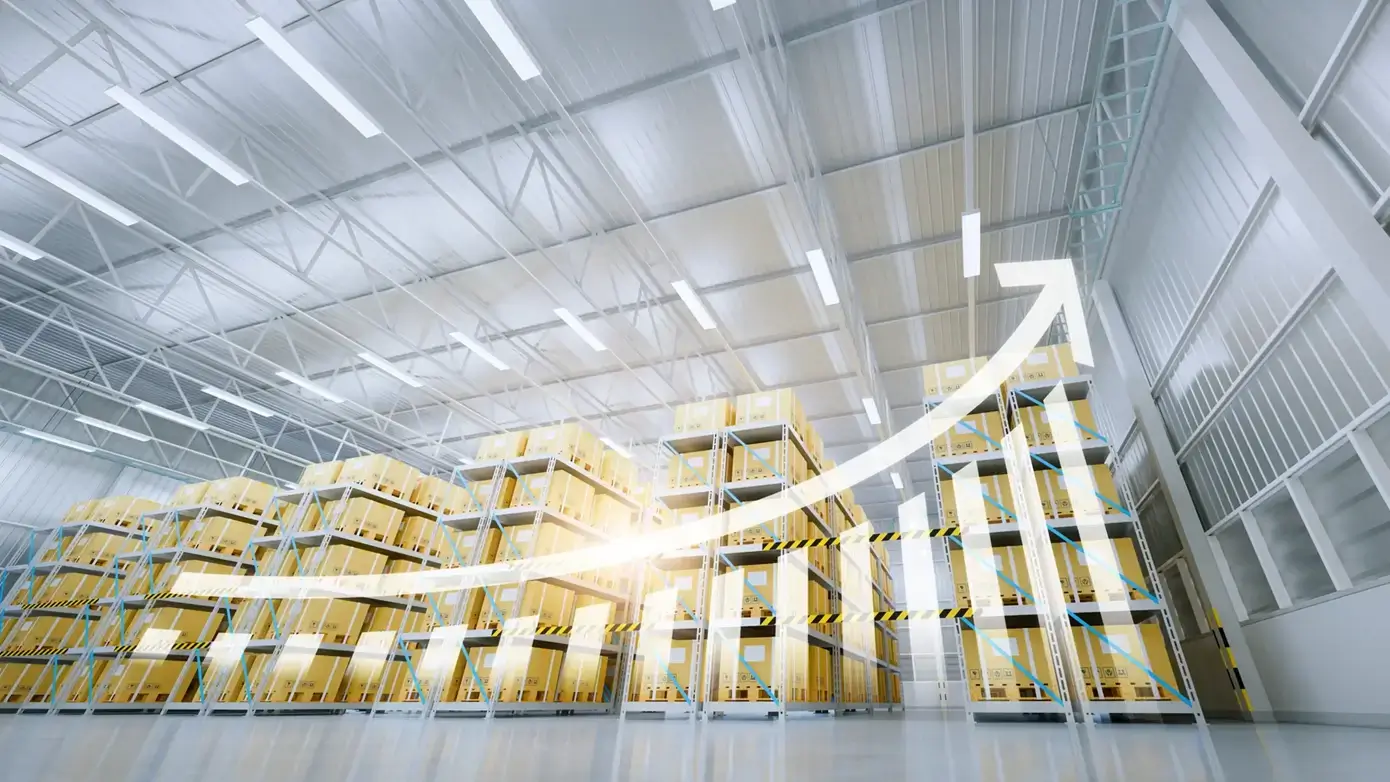
Elevating B2B Sales with Inventory & Delivery Availability
Discover how Manhattan Enterprise Promise & Fulfill™ enhances inventory and delivery-date availability during buyer ordering and fulfillment optimization to elevate sales.
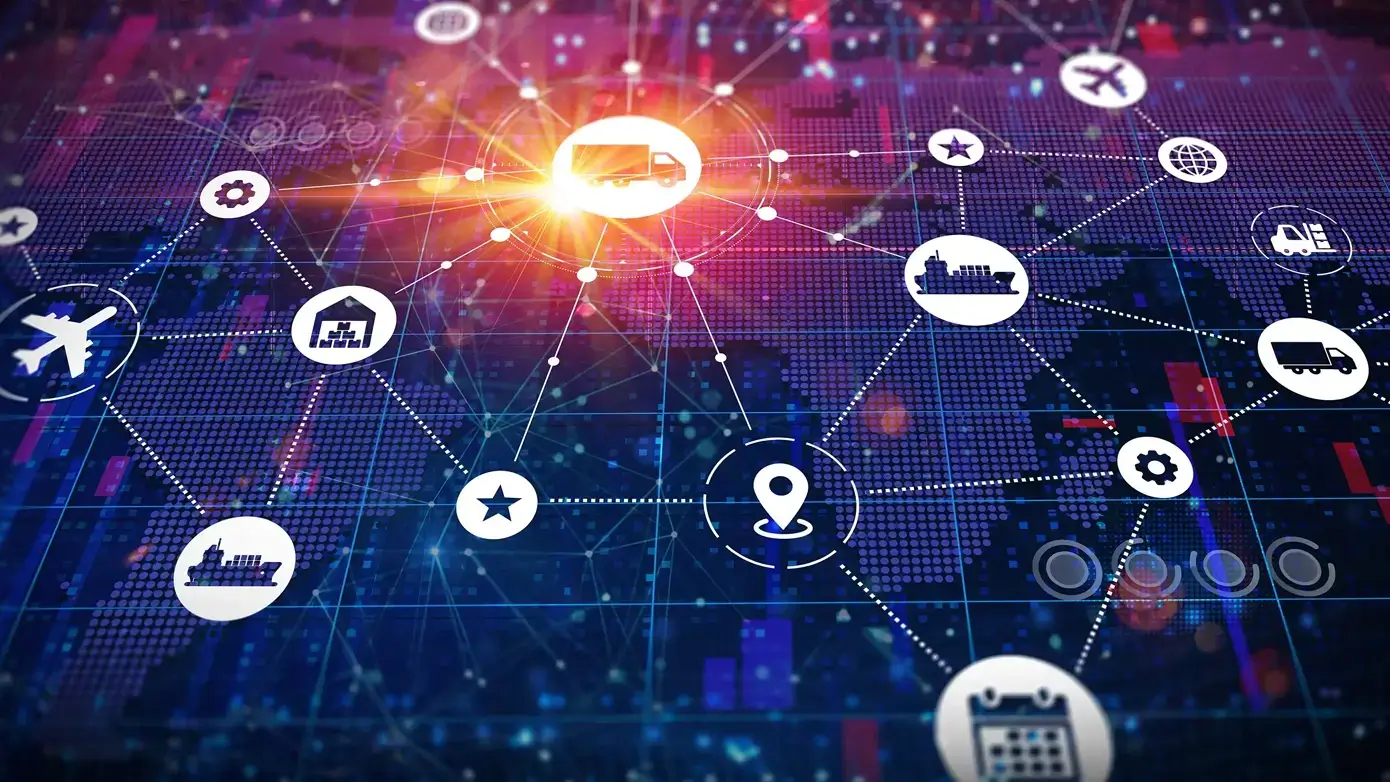
Expand B2B Fulfillment Operational Excellence
Uncover how Manhattan Enterprise Promise & Fulfill™ expands fulfillment operational excellence with advanced order routing optimization, order consolidation, and automated
exception management.
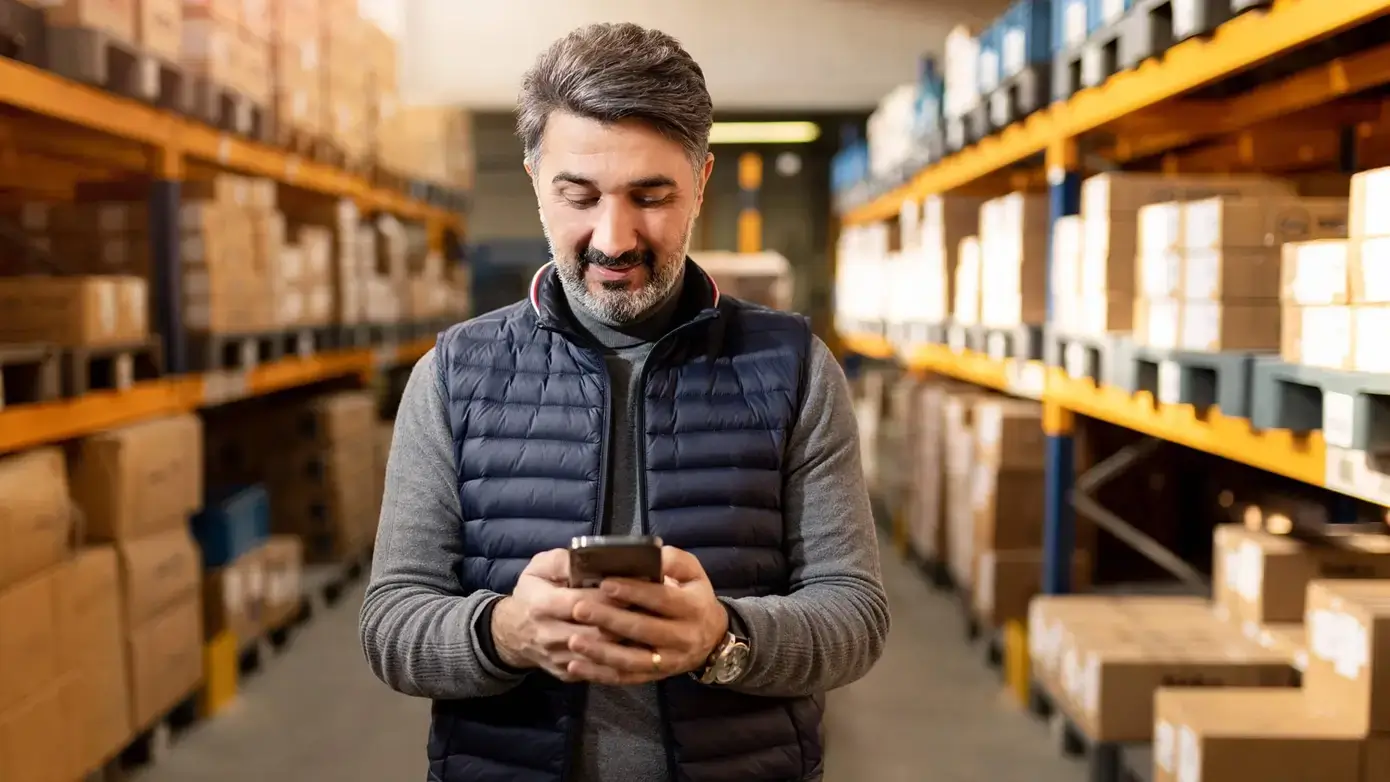
Enhance B2B Buyer Experiences
Learn how Manhattan Enterprise Promise & Fulfill™ enhances B2B buyer experiences with flexible buyer preferences, comprehensive order fulfillment transparency, and buyer control of fulfillment.



